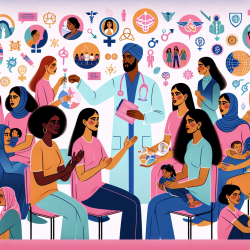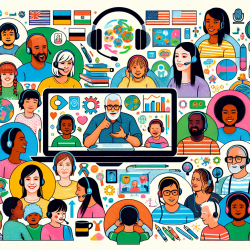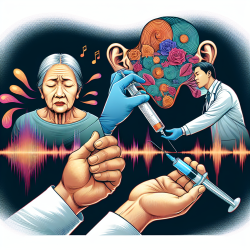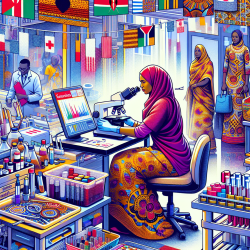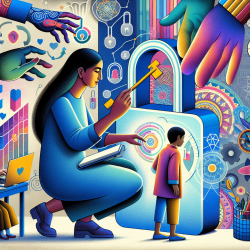In the realm of universal health coverage (UHC), addressing the unique challenges faced by adolescent girls is crucial. The research article "The importance of power and agency in a universal health coverage agenda for adolescent girls" by C.L. Ricker and R. Ashmore sheds light on the transformative potential of focusing on agency and decision-making among adolescent girls. As practitioners, understanding these dynamics can significantly improve your approach to supporting this vulnerable group.
The Intersection of Gender Norms and Health Access
Adolescent girls often find themselves at a crossroads where gender norms and age-related expectations intersect, impacting their access to health services. These norms dictate not only their access to information but also influence their mobility, educational opportunities, and economic participation. Practitioners must recognize these barriers and work towards creating an environment that challenges these norms.
- Lack of Resources: Often, girls have limited access to household resources, delaying their ability to seek necessary services.
- Caretaking Responsibilities: The burden of caretaking increases exposure to disease and limits time for personal development.
- Risks of Violence: Gender-based violence is a significant concern that affects mental and reproductive health.
- Mobility Restrictions: Social norms restrict girls' movements, limiting their access to education and health services.
The Role of Agency in Health Decision-Making
A key takeaway from the research is the importance of agency in health decision-making. Empowering adolescent girls involves acknowledging their ability to make informed decisions about their health. Practitioners should focus on fostering environments where girls feel confident in exercising their agency.
- Encourage Participation: Create platforms where girls can voice their opinions and participate in decision-making processes.
- Promote Education: Provide comprehensive education on sexual and reproductive health rights (SRHR) tailored to adolescents.
- Cultural Sensitivity: Understand the cultural contexts that shape girls' experiences and address them thoughtfully.
Tackling Financial Barriers
Poverty significantly impacts adolescent girls' access to healthcare. Public financing mechanisms should aim to remove financial barriers, making healthcare accessible at the point of delivery. Practitioners can advocate for policies that support financial literacy and protection for young women.
The Impact of Violence on Freedom of Choice
The threat or experience of violence profoundly affects adolescent girls' sense of agency. Practitioners need to be aware of these dynamics and work collaboratively with other sectors like education and community organizations to address violence comprehensively.
- Create Safe Spaces: Establish safe environments where girls can access support without fear of violence or stigma.
- Cross-Sector Collaboration: Work with local communities and governments to develop policies that protect against gender-based violence.
A Call for Further Research
The research underscores the need for further exploration into how social norms and gender inequalities affect adolescent girls' health outcomes. Practitioners are encouraged to engage in ongoing research efforts and contribute insights from their experiences in the field.
The importance of power and agency in a universal health coverage agenda for adolescent girls
This comprehensive understanding will not only enhance individual practice but also contribute to broader systemic changes needed within UHC frameworks.
To read the original research paper, please follow this link: The importance of power and agency in a universal health coverage agenda for adolescent girls
